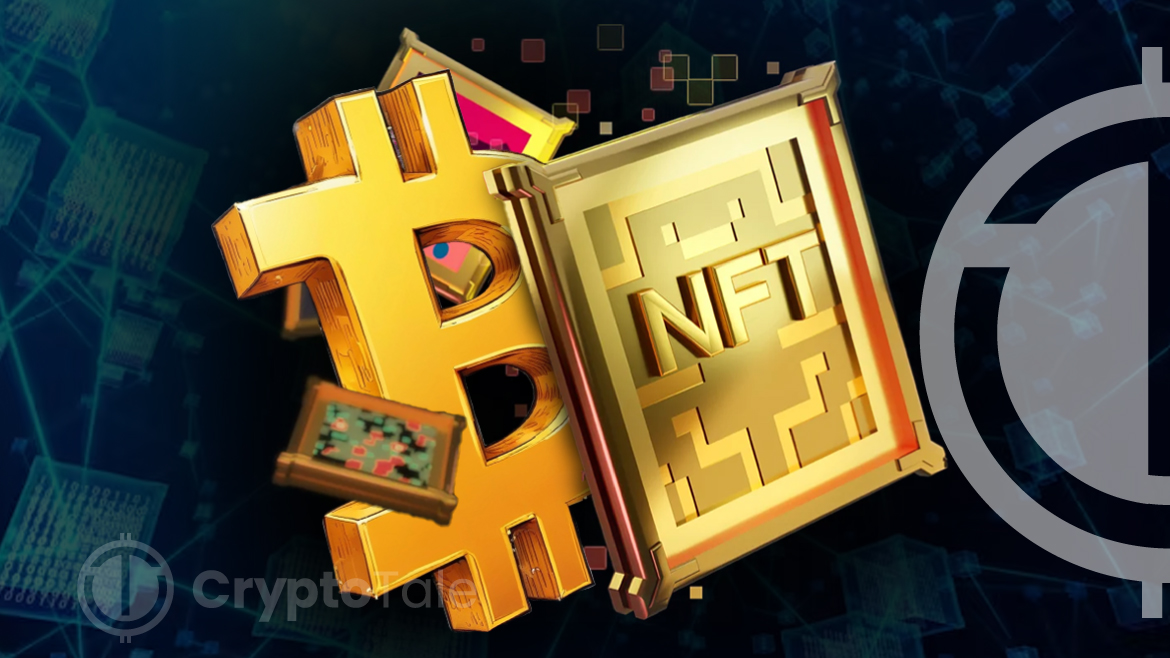- Declining interest in Bitcoin NFTs may hinder network growth and overall activity.
- Reduced Daily Active Addresses signal diminishing engagement in Bitcoin’s ecosystem.
- Miners face profitability challenges due to lower transaction fees and declining network activity.
Bitcoin’s recent surge beyond the $65,000 threshold has drawn considerable attention, yet beneath the surface lies evidence of underlying issues in the cryptocurrency ecosystem. Despite Bitcoin’s soaring price, there’s a notable absence of parallel growth in the activity on its network. This discrepancy raises legitimate concerns regarding the network’s well-being and the broader health of its ecosystem.
A concerning trend is the declining interest in Non-Fungible Tokens (NFTs) within the Bitcoin sphere. Recent data from CryptoSlam indicates a 10% decrease in the sales volume of Bitcoin NFTs over the past 24 hours.
BONE and JIGO collections have seen substantial decreases in both their base value and trading volume. This decline suggests a fading interest in Bitcoin-linked NFTs. This decline in interest could hinder the potential for growth on the Bitcoin network and have broader implications for overall activity.
Moreover, there has been a significant decline observed in the count of Daily Active Addresses within the Bitcoin ecosystem. This metric serves as a gauge of user engagement with the network and provides further evidence of diminishing interest in Bitcoin’s ecosystem.
The drop in active addresses implies reduced engagement and interaction within the network, potentially hampering its growth trajectory.
The repercussions of diminishing interest in NFTs and reduced network engagement also affect Bitcoin miners. A decline in network activity results in decreased transaction fees, which constitute a crucial revenue stream for miners.
As transactions decrease, miners face a reduction in transaction fees, impacting their profitability. Moreover, the decline in hashrate, which represents the computational power safeguarding the network, presents further challenges for miners.
While a lower hashrate theoretically makes block-solving easier, the automatic difficulty adjustment of the network mitigates this advantage by reducing the block reward for miners. As a result, miners face increased competition for a smaller share of rewards, exacerbating their financial strain. This situation forces miners to rely more heavily on transaction fees, which may not be sufficient to sustain their operations amid declining network activity.






